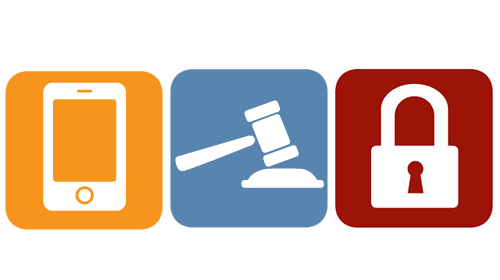
The ACLU today joined a new challenge to the constitutionality of the FISA Amendments Act of 2008 (FAA) — the surveillance law that gives the NSA virtually unfettered access to the international phone calls and emails of U.S. citizens and residents. Disclosures over the last eight months have confirmed that the NSA is using the law to engage in dragnet surveillance, siphoning communications off the Internet backbone and also collecting them directly from companies like Facebook, Google, Microsoft, and others.
The ACLU’s challenge was filed on behalf of Jamshid Muhtorov, the first criminal defendant to receive notice that he was surveilled under the FAA since the law was passed more than five years ago. Together with Mr. Muhtorov’s lawyers at the Office of the Federal Public Defender of Colorado, the ACLU and the ACLU of Colorado filed a motion to suppress all evidence obtained or derived from the government’s FAA surveillance of Mr. Muhtorov.
The suppression motion argues that the FAA violates both the Fourth Amendment and Article III of the Constitution because it permits the government to intercept the international communications of U.S. residents like Mr. Muhtorov without first obtaining a warrant or submitting to any kind of individualized court review. Here’s how we put it in the motion:
The FAA violates the Fourth Amendment because it authorizes surveillance that violates the warrant clause and, independently, because it authorizes surveillance that is unreasonable. The statute also violates Article III by requiring judges to issue advisory opinions in the absence of a case or controversy. The procedural deficiencies of the FAA render the statute unconstitutional, and they render the surveillance of Mr. Muhtorov unconstitutional as well.
The motion filed today on behalf of Mr. Muhtorov is the latest chapter in the ACLU’s challenge to the constitutionality of the FAA — a challenge that has had something of an extended prologue.
In 2008, the ACLU challenged the FAA on behalf of a coalition of human rights, media, labor, and legal organizations in Clapper v. Amnesty. Last year, a divided Supreme Court held, 5 to 4, that the Amnesty plaintiffs lacked standing to challenge the law because they couldn’t prove that their communications had been monitored under it. That, of course, was before the world learned from Edward Snowden that the government was using the FAA exactly as the Amnesty plaintiffs had alleged.
Significantly, the court based its Amnesty ruling in part on the government’s repeated assurances that criminal defendants would receive notice of any FAA surveillance to be used against them. Those defendants would then have an opportunity to challenge the law’s constitutionality, ensuring that the FAA was not altogether immune from judicial review.
But the government’s assurances to the Supreme Court in Amnesty turned out to be false. Though the solicitor general apparently did not know it at the time, the Justice Department had a practice of concealing from criminal defendants the role that the FAA had played in the government’s investigations of them. In fact, when Amnesty was argued, no criminal defendant had ever received notice of FAA surveillance in the five years since the FAA had been enacted. Only months after the Supreme Court’s decision, as criminal defendants around the country began to demand notice of FAA surveillance, did the government’s policy come to light — a policy that the solicitor general reportedly concluded “could not be justified legally” when he learned of it.
Still, it was only after extended debate within the executive branch that the Justice Department ultimately changed its flawed policy and publicly affirmed its duty to provide notice of FAA surveillance to criminal defendants.
In October of last year, Mr. Muhtorov became the first defendant to receive such a notice. (In November, the government formally notified a second defendant, Mohamed Mohamud, who had already been convicted of terrorism crimes in Oregon, that he too had been subjected to FAA surveillance.) Today, with the question of standing behind us, Mr. Muhtorov becomes the first criminal defendant to challenge the constitutionality of the FAA.
Learn more about government surveillance and other civil liberties issues: Sign up for breaking news alerts, follow us on Twitter, and like us on Facebook.



